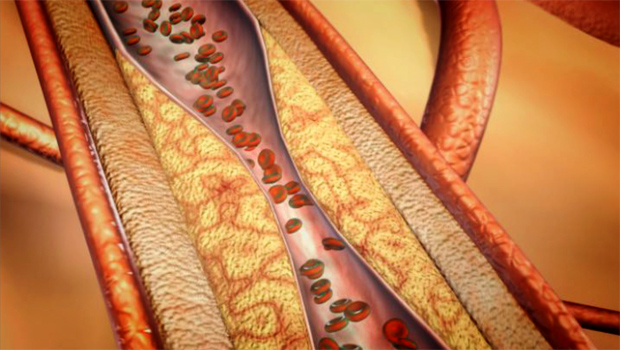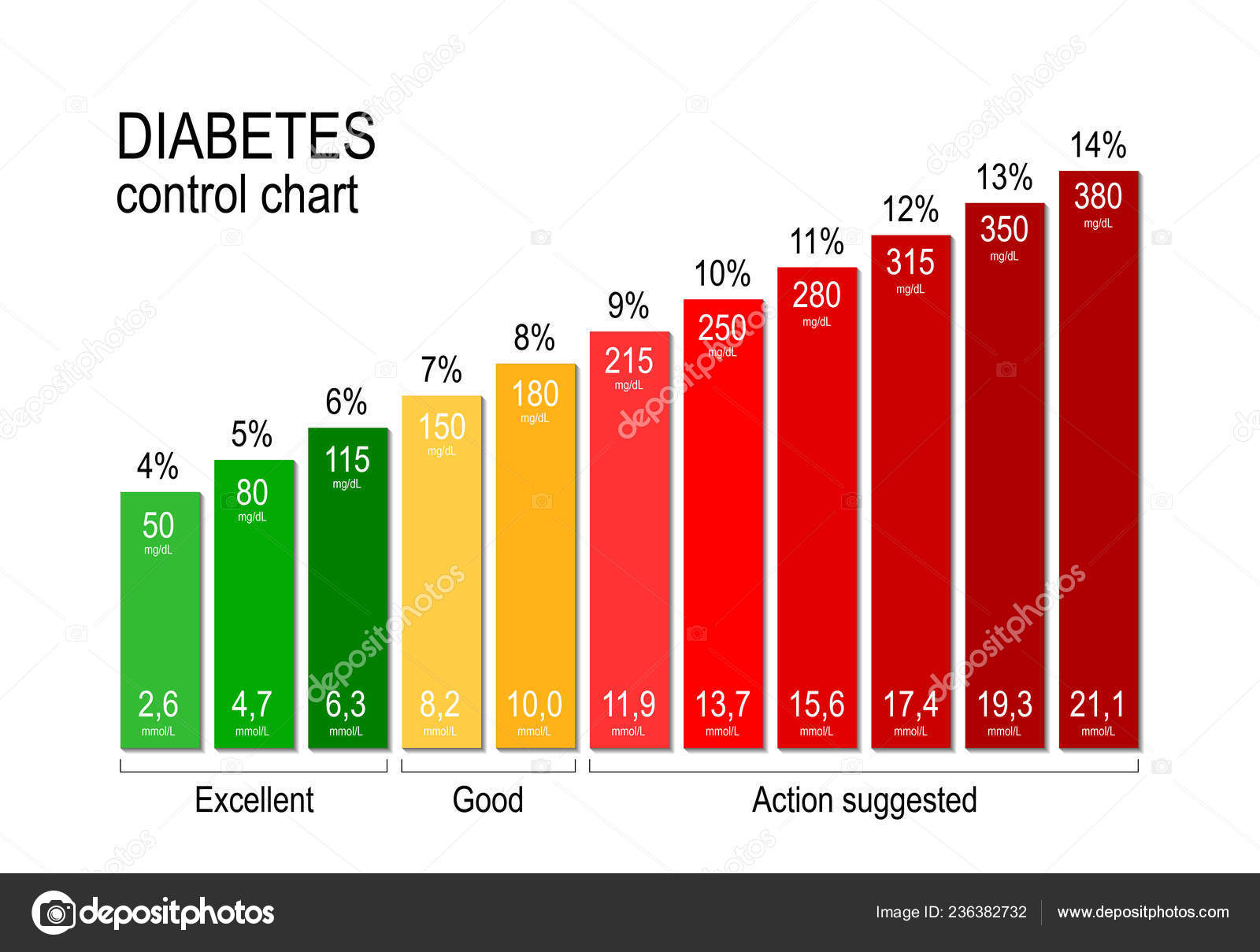Coronary artery disease (CAD) is one of the most common types as well as one of the main causes of death in the world. The condition happens when plaque blocks the coronary arteries, the blood vessels that carry blood to your heart. As a result, the blood flow through your coronary arteries is reduced and the flow of nutrients to the heart is disrupted, leading to serious medical problems. Plaque is a buildup of a combination of sticky cholesterol, fat, and other substances. This buildup happens over time, even starting as early as childhood and makes the walls inside your arteries become narrower and harder. The process in which the plaque collects inside your arteries is known as atherosclerosis. The following is some of the risk factors of coronary artery disease:
- You smoke tobacco.
- You have an inactive or sedentary lifestyle, meaning you don’t exercise regularly.
- You have a poor diet.
- You have diabetes.
- You have high cholesterol, especially if you have high levels of unhealthy low-density lipoprotein cholesterol or low levels of healthy high-density lipoprotein.
- You are overweight or obese.
- You have high blood pressure (hypertension) that is uncontrollable.
- Your family has a history of heart disease.

You may not feel any symptoms at the earliest stage of coronary artery disease. However, the plaque will continue to build up and limit blood flow to the heart muscle. Your heart muscle requires a steady flow of blood for it to pump properly. When there’s only a small amount of blood that can reach your heart muscle or when your coronary arteries are partially blocked, it can result in angina, which is a type of chest pain. Angina can be a mild and uncomfortable feeling, which is similar to indigestion. However, if it is severe, angina can cause a painful feeling of tightness or heaviness in the center of your chest and spread to your arms, neck, back, stomach, and even your jaw. Angina is the most common symptom of coronary artery disease.
If your coronary arteries become completely blocked, it can result in a heart attack. You may feel similar pain and discomfort to angina, but heart attacks are often more severe. During a heart attack, you may experience pain in other parts of your body, lightheadedness, nausea, breathlessness, and sweating. A heart attack can happen anytime, including when you’re resting. A heart attack can damage your heart muscle permanently and can be fatal if not treated immediately. If you think you or someone you know are having a heart attack, call emergency right away. There are cases where a heart attack occurs without any signs or symptoms. This is called silent myocardial infarction, which happens mostly in people with diabetes or elderly people. Heart failure can also happen if your heart becomes too weak to pump blood around your body. Heart failure can happen suddenly or gradually.
Since coronary artery disease develops very slowly, prevention is not impossible. By making a few changes to your daily routine, you can naturally protect yourself from coronary artery disease. Let’s take a look at a few lifestyle changes to prevent the disease.
Follow a Heart-Healthy and Balanced Diet Plan
While some food protects your heart, others can help form artery-clogging plaques. A diet that is high in fiber and low in fat is the recommended diet plan. Your diet should consist of fruits, vegetables, and whole grains. There are two kinds of fat, including saturated and unsaturated. The fat you should avoid is saturated fats because they can increase the level of bad cholesterol in your blood. Some food that high in saturated fats are hard cheese, butter, lard, cream, cakes, and sausages. However, you need to remember that you still need foods that have unsaturated fats because they can increase the levels of good cholesterol in your blood. Foods that are high in unsaturated fats are oily fish, nuts, seeds, olive oil, and avocados.
Make sure to limit the amount of salt you consume. The normal amount of salt you can consume is under 6g a day (about one teaspoon) because salt can increase your blood pressure. Also, remember to avoid consuming too much sugar because it can increase your risk of diabetes, which is one of the risk factors of coronary artery disease.
Be More Active
A healthy diet and a physically active life is the best combination to maintain your healthy body. Regular exercise allows your heart to become stronger because it strengthens your heart muscles. Besides, exercise can trim the fat, increase your good cholesterol levels, and lowers your blood pressure. If you are new to exercise, you need to check with your doctor which exercise is safe for you. It is recommended to have around 150 minutes of exercise every week.
Quit Smoking
Smoking increases your risk of developing coronary artery disease. Each puff of smoke releases thousands of chemicals that can narrow your arteries and destroy your heart. Quitting may not be easy, but you can reduce your urge to smoke by joining a support group, attending counseling, or using nicotine replacement products.
Limit Your Alcohol Intake
Too much alcohol is dangerous to your heart and it can cause obesity, high blood pressure, and heart failure. You don’t have to cut alcohol completely, but you need to make sure you don’t consume more than the recommended limits. Always avoid binge drinking and don’t regularly drink over 14 units weekly. If you drink 14 units a week, make sure to spread your drinking over three or more days.
Keep Your Blood Sugar Level Under Control
Diabetes is a major risk factor for coronary artery disease. It is one of the main causes of death in people with diabetes. Uncontrolled blood sugar levels can damage your arteries, which can lead to heart disease. If you have diabetes, make sure you are physically active. Control your weight and blood pressure will also help you manage your blood sugar level. People who are diabetic should target their blood pressure level to below 130/80mmHg.

https://depositphotos.com
Sometimes, lifestyle changes are not enough to protect your blood vessels. If that’s the case for you, your doctor may prescribe medications, which work by preventing blood clots, reducing blood pressure, and lowering cholesterol levels. Even when your doctor prescribes medications for you, make sure to still lead a healthy lifestyle.
